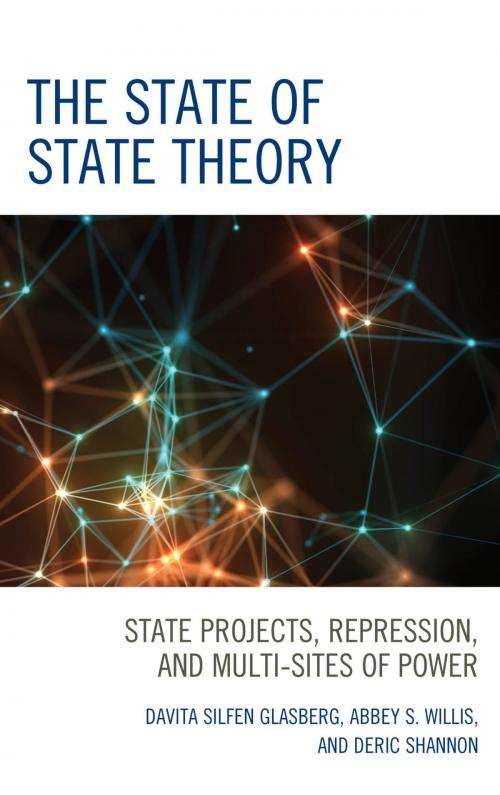The State of State Theory
State Projects, Repression, and Multi-Sites of Power
Nonfiction, Social & Cultural Studies, Current Events, Political Science, Government, Local Government, Politics, Economic Conditions| Author: | Davita Silfen Glasberg, Abbey S. Willis, Deric Shannon | ISBN: | 9781498542494 |
| Publisher: | Lexington Books | Publication: | December 21, 2017 |
| Imprint: | Lexington Books | Language: | English |
| Author: | Davita Silfen Glasberg, Abbey S. Willis, Deric Shannon |
| ISBN: | 9781498542494 |
| Publisher: | Lexington Books |
| Publication: | December 21, 2017 |
| Imprint: | Lexington Books |
| Language: | English |
The State of State Theory: State Projects, Repression, and Multi-Sites of Power, Glasberg, Willis, and Shannon argue that state theories should be amended to account both for theoretical developments broadly in the contemporary period as well as the multiple sites of power along which the state governs. Using state projects and policies around political economy, sexuality and family, food, welfare policy, racial formation, and social movements as narrative accounts in how the state operates, the authors argue for a complex and intersectional approach to state theory. In doing so, they expand outside of the canon to engage with perspectives within critical race theory, queer theory, and beyond to build theoretical tools for a contemporary and critical state theory capable of providing the foundations for understanding how the state governs, what is at stake in its governance, and, importantly, how people resist and engage with state power.
The State of State Theory: State Projects, Repression, and Multi-Sites of Power, Glasberg, Willis, and Shannon argue that state theories should be amended to account both for theoretical developments broadly in the contemporary period as well as the multiple sites of power along which the state governs. Using state projects and policies around political economy, sexuality and family, food, welfare policy, racial formation, and social movements as narrative accounts in how the state operates, the authors argue for a complex and intersectional approach to state theory. In doing so, they expand outside of the canon to engage with perspectives within critical race theory, queer theory, and beyond to build theoretical tools for a contemporary and critical state theory capable of providing the foundations for understanding how the state governs, what is at stake in its governance, and, importantly, how people resist and engage with state power.















